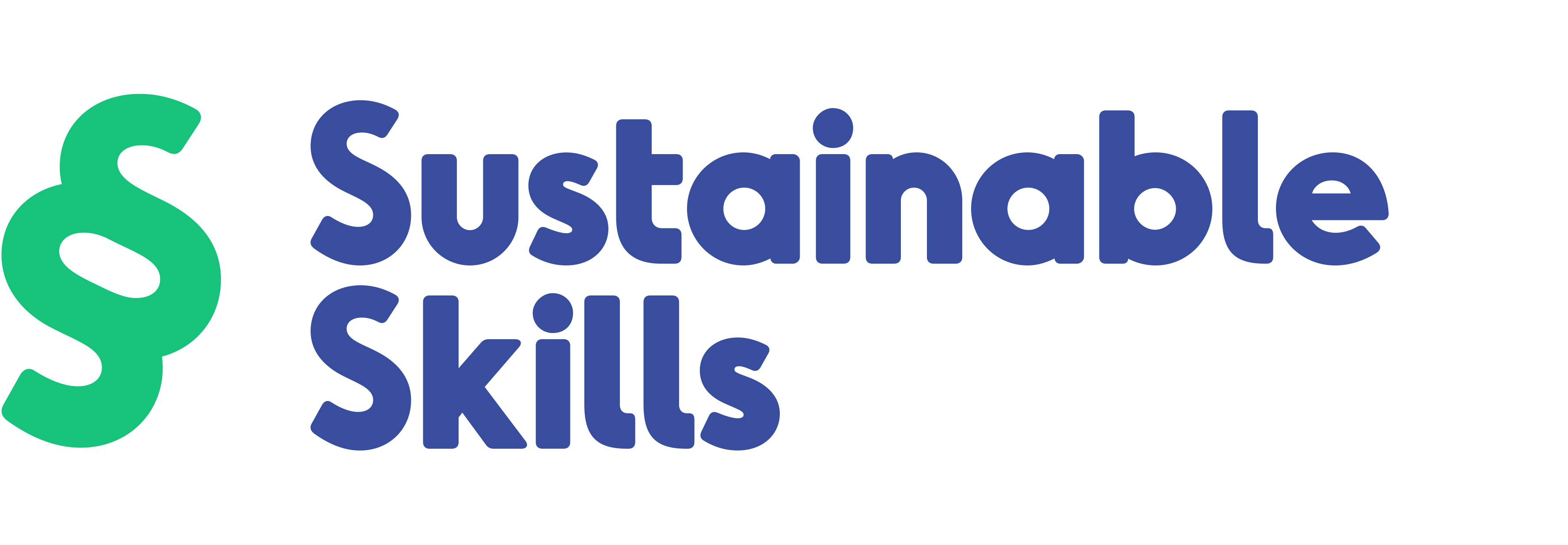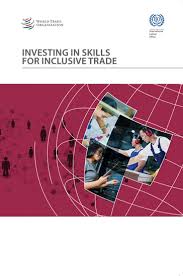ILO Centenary Initiative on the Future of Work (FOW): E-Discussion About Lifelong Learning
Created in 1919 as part of the Treaty of Versailles that ended World War I, the Geneva-based International Labour Organization (ILO) is the U.N. agency that brings together governments, employers and workers of 187 member States , to set labour standards, develop policies and devise programmes promoting decent work for all women and men. In preparation to its Centenary next year, ILO has launched in 2016 the “Future of Work initiative (FOW)” aimed to understand and respond effectively to the new challenges that the world of work is facing due to a major process of change.
The Global E-discussion about Lifelong Learning (LLL), opened between 16th and 29th March to all the stakeholders of the TVET sector, is one of the initiatives that forms part of the FOW program. This E-discussion aims to bring together representatives of government, education and training institutions, the private sector, workers, academia, and international organisations to discuss concrete policy options in developed and developing countries for promoting LLL.
According to the Glossary of VET prepared by the Australian National Centre for Vocational Education Research (NCVER), Lifelong Learning is the process of acquiring knowledge or skills throughout life via education, training, work and general life experiences. Challenges posed by the advent of new technologies, climate changes, and globalisation are significantly transforming the world of work, and the capacity of workers to upskill and shift to new jobs is crucial to determine the sustainability and stability of the economic system. LLL is central to managing the different transitions that workers will face over the course of their life by ensuring that they successfully enter the labour market, continually upskill while in employment, and reskill to take advantage of emerging jobs throughout their careers. In this scenario, national education and training systems can play a pivotal role to ensure equal access to job opportunities for all throughout their life.
People who intend to participate to the e-discussion promoted by ILO are invited to read the Issue Brief ‘Skills Policies and Systems for a Future Workforce’ prepared for the 2nd Meeting of the Global Commission on the Future of Work, and to reflect on a number of key questions about LLL:
1. How can the model of LLL be adapted to cater to a future world of work? What are the building blocks of a well-functioning LLL system?
2. What governance mechanisms will be suitable for the efficient provision of and engagement in relevant LLL for all? What are the respective roles of governments, the private sector and the social partners?
3. What financial mechanisms might be used to encourage the provision of and participation in training; who should bear the cost and how? What are investment priorities for LLL to harness economic growth and minimise social risks?
4. What strategies, policies and incentives will be needed to increase the uptake of LLL?
5. What are the appropriate delivery mechanisms of LLL that will make learning accessible and relevant for youth, adults and older workers, embrace new technologies and forms of learning and balance needs for wide access, flexibility and quality in the learning offer?.
The E-discussion can be easily accessed by visiting the ILO skills for employment website, scrolling down to the “Your Comments” section, and posting comments and observations about LLL.
Source:


 ILO and WTO have recently co-published the book: “Investing in Skills for Inclusive Trade” focused on the linkages between trade and skills and between trade and skills development policies. The publication has been presented on 4 July during a conference at the WTO headquarter in Geneva by Roberto Azevêdo and Guy Ryder, respectively WTO and ILO Director-General.
ILO and WTO have recently co-published the book: “Investing in Skills for Inclusive Trade” focused on the linkages between trade and skills and between trade and skills development policies. The publication has been presented on 4 July during a conference at the WTO headquarter in Geneva by Roberto Azevêdo and Guy Ryder, respectively WTO and ILO Director-General.